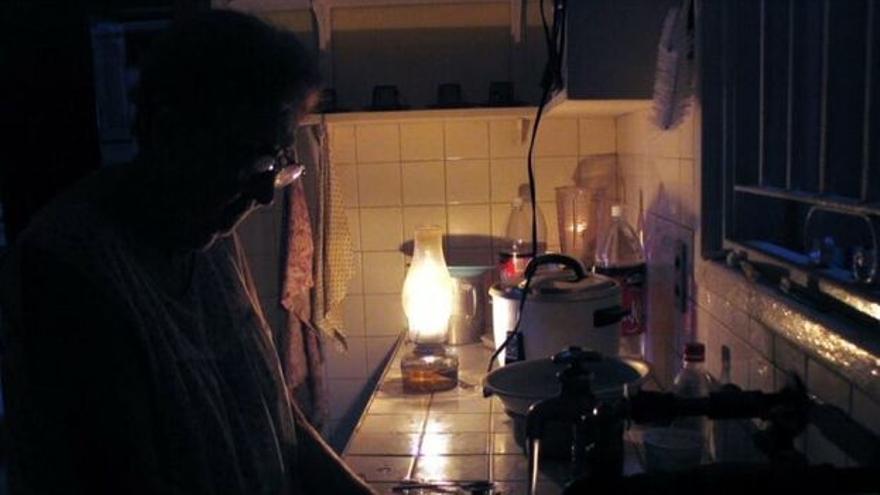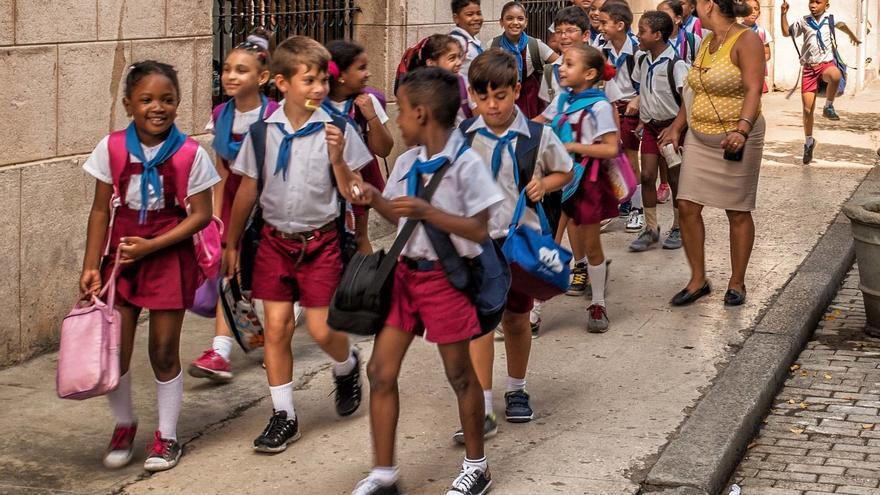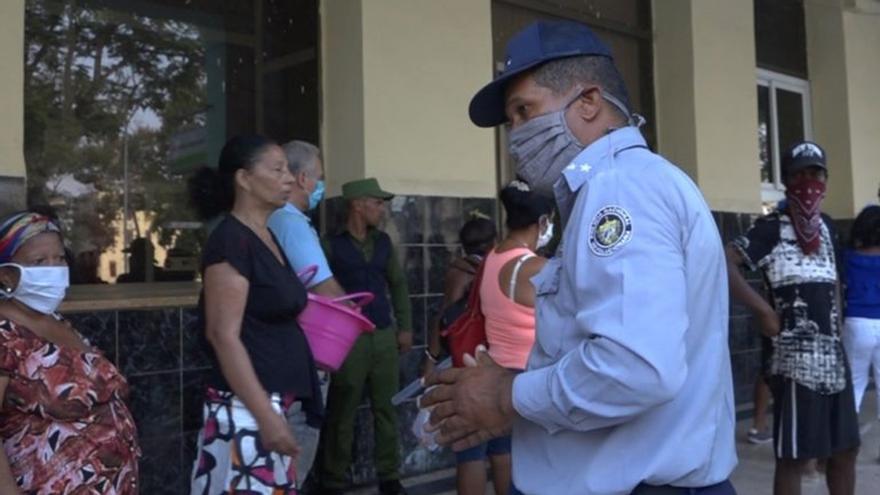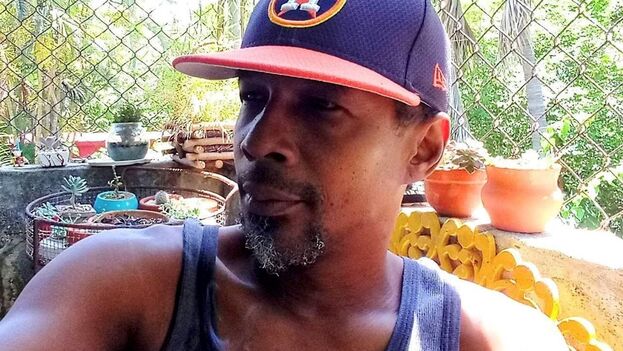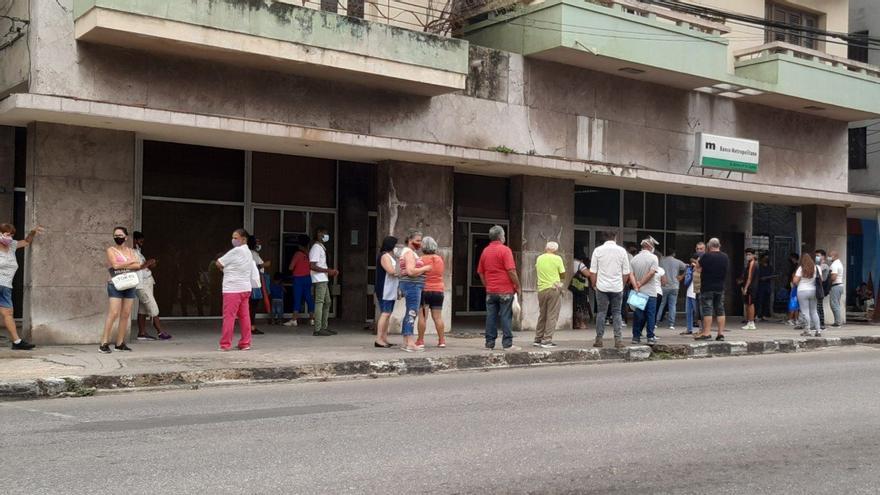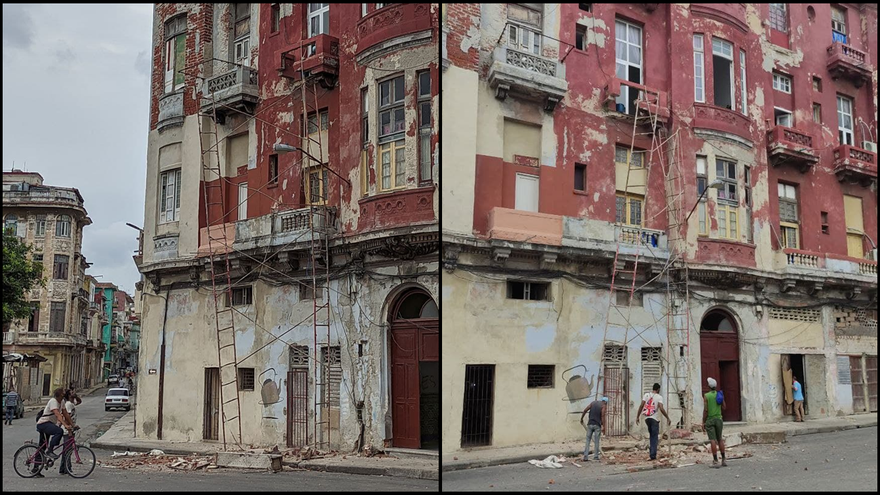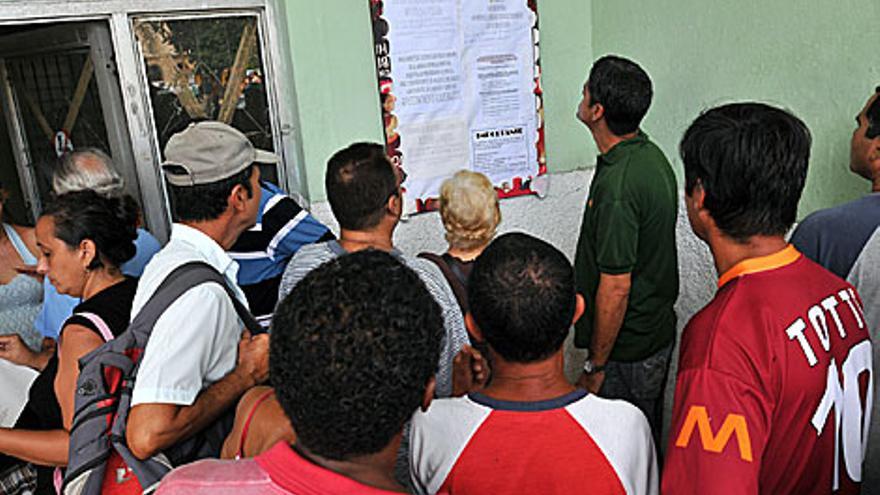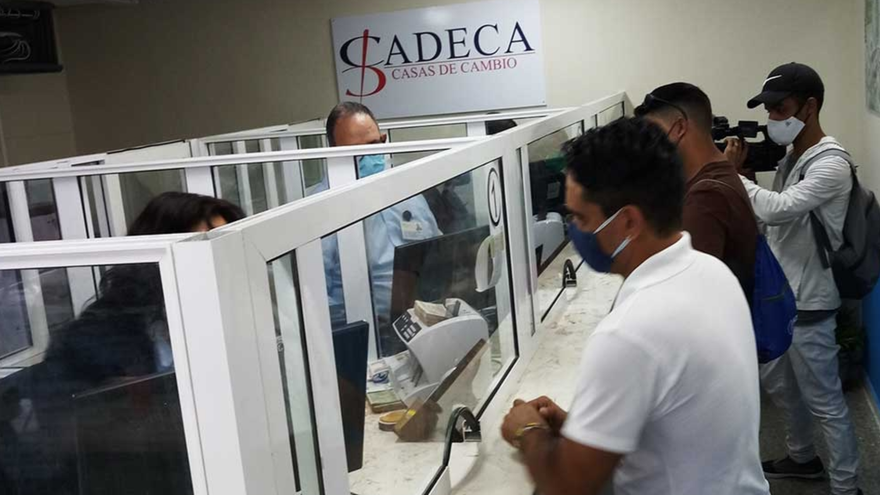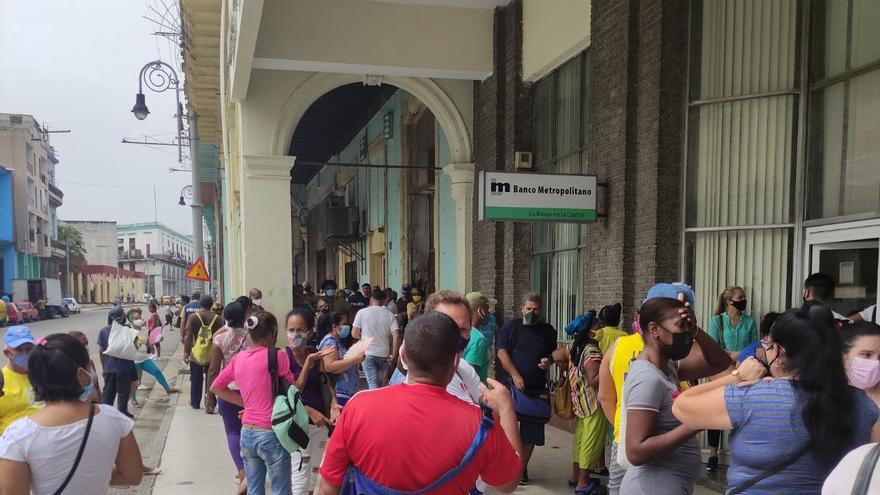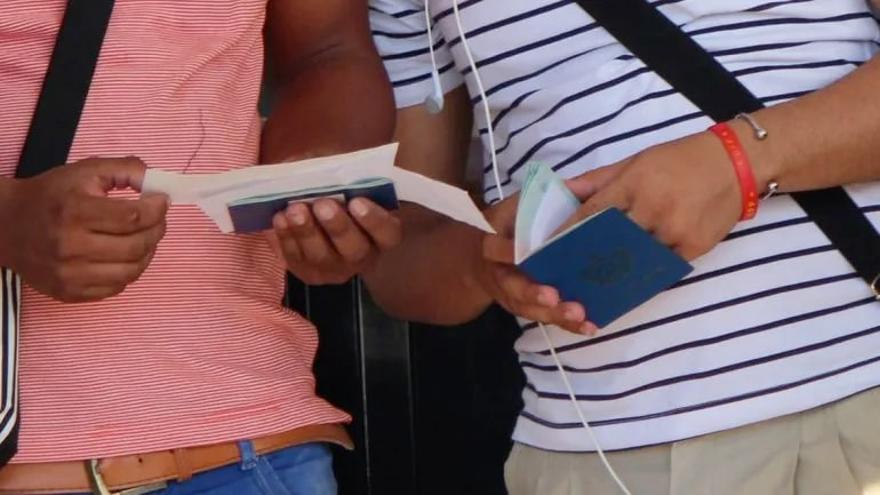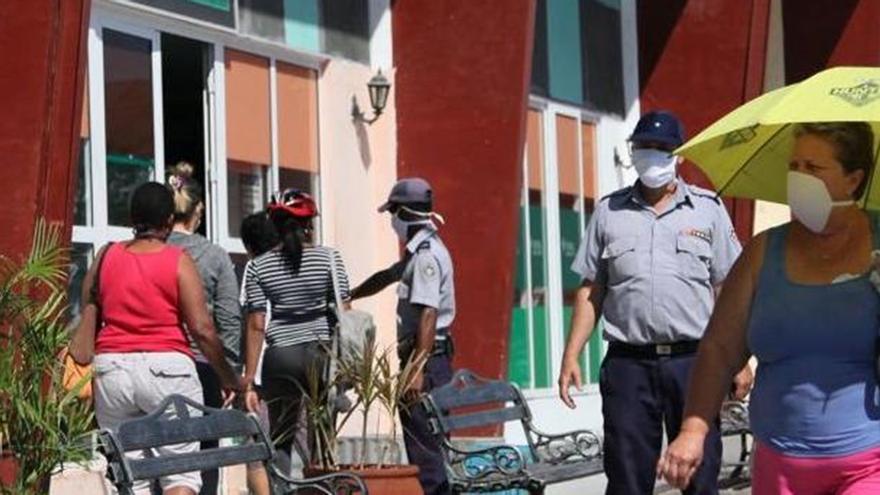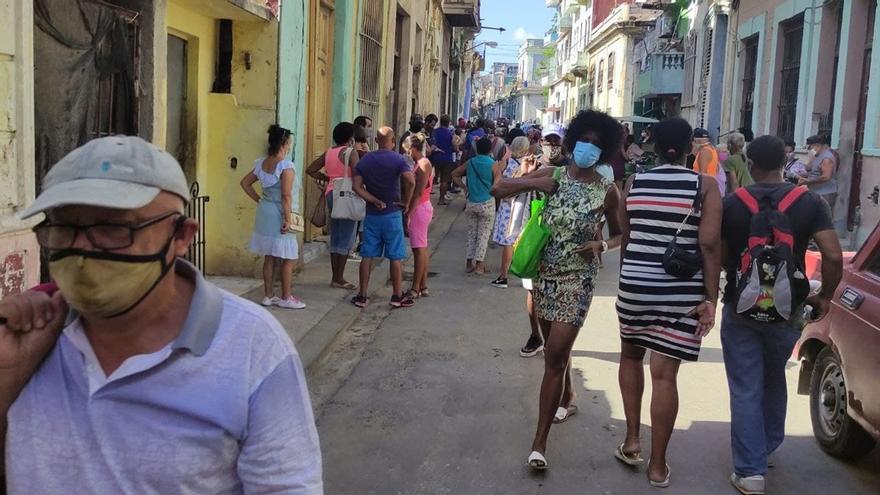
![]() 14ymedio, Havana, 27 June 2021 — Cuba’s Ministry of Public Health reported 2,698 new Covid-19 infections this Sunday, a figure that is the highest daily number of cases detected, exceeding the previous high of last Friday, of 2,464.
14ymedio, Havana, 27 June 2021 — Cuba’s Ministry of Public Health reported 2,698 new Covid-19 infections this Sunday, a figure that is the highest daily number of cases detected, exceeding the previous high of last Friday, of 2,464.
Since the pandemic began in March of last year, Cuba has detected 182,354 positive cases, according to health authorities, who also confirmed that the fatalities left by Covid-19 amount to 1,219, ten of them in the last 24 hours.
The provinces with the most critical health crises are Matanzas, Havana, Santiago de Cuba, Camagüey and Ciego de Ávila. These provinces added 1,173 cases this Sunday.
In Matanzas, the Minister of Public Health, José Ángel Portal Miranda, met with local leaders on Sunday “to analyze the complicated epidemiological situation” of the territory and “the main measures to be reinforced to face the pandemic,” reported the health authorities on Twitter. continue reading
Matanzas, in the last seven days, registered 2,158 infections with a record this Sunday of 657 cases. Among those confirmed in the last week are people who have already received all three doses of Cuba’s own candidate vaccine Abdala.
The provincial authorities recognized that among the main causes of the rebound are “the lack of control at the municipal and provincial borders, relaxation of the investigations, work centers where the necessary hygienic protocols are not taken, and crowds in the streets.”
At the beginning of last April, after reports published on social networks about several sudden deaths in the Matanzas municipality of Jagüey Grande, the Health authorities were forced to release a statement that sought to deny the alleged deaths from “fulminant pneumonia.” They insisted that that territory had registered an increase in positive cases of Covid-19.
A few days later, the Ministry announced that “five variants and six mutational patterns of 614 (the initial Wuhan strain)” had been found on the island. The strains from South Africa and California, the ones with the highest penetration in the country, were confirmed as “highly contagious and highly associated with increased mortality.”
In other provinces such as Santiago de Cuba and Artemisa, local authorities have chosen this week to prohibit the entry and exit of people as one of the measures to stop the rise in infections.
According to the Ministry of Public Health, there are currently 38,924 patients admitted to hospitals, of them 8,447 are suspected of being infected, 18,294 are under observation and 12,184 people are confirmed with the disease. Of those confirmed in the last day, 2,579 were contacts of confirmed cases; 37 patients arrived from abroad and 82 had no specified source of infection.
____________
COLLABORATE WITH OUR WORK: The 14ymedio team is committed to practicing serious journalism that reflects Cuba’s reality in all its depth. Thank you for joining us on this long journey. We invite you to continue supporting us by becoming a member of 14ymedio now. Together we can continue transforming journalism in Cuba.

